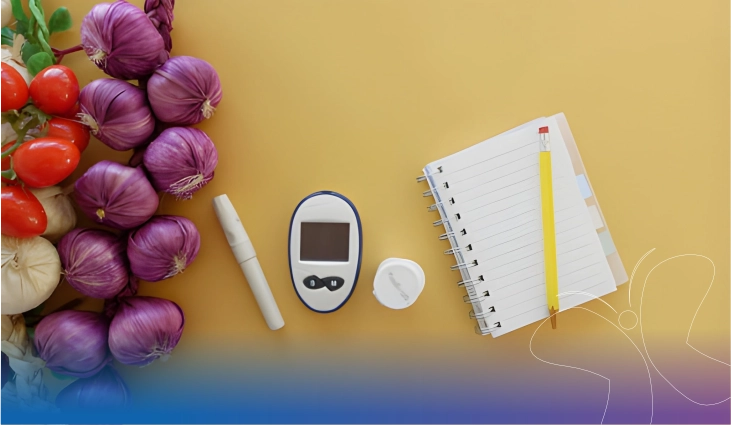Pregnancy is emotional and that’s completely normal. But when everyday worries turn into chronic stress, something else begins to happen quietly inside the womb.
The hormone responsible? Cortisol.
Often called the “stress hormone,” cortisol plays a major role in how your baby’s brain wires itself especially in the second and third trimesters.
At Flowrence, we’ve seen this connection show up in babies born to mothers who carried too much mental load throughout pregnancy despite good nutrition, regular check-ups, and safe deliveries.
What is cortisol and why does it matter in pregnancy?
Cortisol is released by your adrenal glands whenever you're under physical or emotional stress. In short bursts, it’s helpful it keeps you alert, raises your blood sugar, and helps you deal with short-term challenges.
But in pregnancy, prolonged elevation of cortisol doesn’t just affect the mother — it crosses the placenta and reaches the baby.
Too much cortisol during brain development can:
- Alter how the baby’s brain responds to stress after birth
- Impact areas of memory, learning, and emotional regulation
- Increase the risk of anxiety and behavioural issues in childhood
This isn’t just theory. Multiple studies now show how maternal stress changes neurological wiring something even the best postnatal care can’t reverse.
The first trimester is critical but so is the third
While the baby’s organs begin forming in the first 12 weeks, the brain continues developing right through the third trimester. That’s why we always remind mothers not to “power through” late-pregnancy stress thinking they’re almost done.
At our pregnancy care hospital in Rajkot, we encourage open conversations about mental wellness at every stage not just in the beginning.
Real signs you're holding stress
Most mothers don’t realise how much tension they’re carrying. Here’s what we look for:
- Frequent headaches or jaw clenching
- Trouble sleeping or early waking
- Mood swings or persistent irritability
- Sudden appetite loss or sugar cravings
- Racing thoughts or inability to switch off
None of these mean you’re failing. But they do mean your body and your baby needs a breather.
What we recommend at Flowrence
You don’t need medication to fix stress. You need a plan.
Here’s what our best lady gynecologist in Rajkot advises most frequently:
- Daily 20-minute walk (even indoors)
- Breathing practice before bed inhale for 4 counts, exhale for 6
- Limited news and screen time in the evenings
- A no-phone zone at least 1 hour before sleep
- Sharing emotional load with a partner or support person
We also work with clinical psychologists and, in some cases, refer mothers to a neuro physician in Rajkot if stress is tied to chronic sleep, memory, or anxiety issues.
Final Word
You’re already giving your baby the food, vitamins, and protection they need. But don’t forget the one thing they feel the most your emotional state.
You don’t have to be perfectly calm all the time. But if your stress feels bigger than usual, say it out loud. Let someone help.
Because cortisol might be invisible but its impact isn’t.











































































































































































































